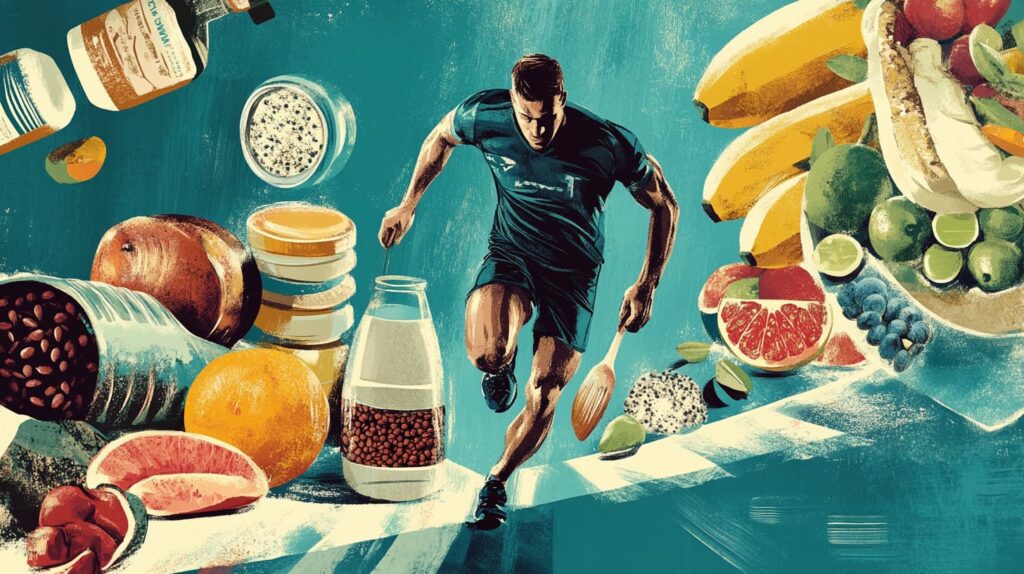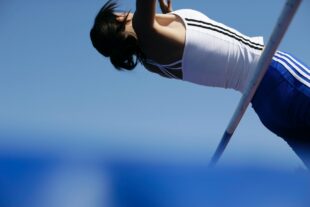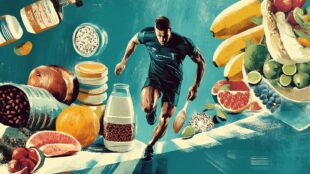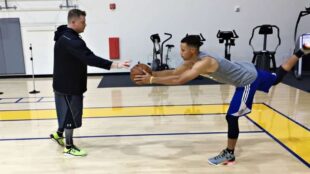Elite Athlete Nutrition: What Fuels World Champions

Behind every record-breaking performance, gold medal, or jaw-dropping comeback lies more than talent and training—it’s also about what fuels the body. Nutrition plays a critical role in athletic performance, recovery, and long-term health. For elite athletes, eating is not just about satisfying hunger—it’s about strategy, science, and structure.
From Olympic sprinters and marathoners to tennis champions and powerlifters, world-class athletes follow specific, purpose-driven diets tailored to their sport, body type, and training schedule. In this article, we explore how top athletes fuel their bodies, what principles guide their eating habits, and what we can learn from their approach—even as everyday individuals.
The Fundamentals of Elite Nutrition
At the core of every high-performance diet are the three macronutrients: carbohydrates, proteins, and fats. However, elite athletes take a far more detailed approach when it comes to the timing, balance, and quality of these nutrients.
- Carbohydrates are the primary fuel source for high-intensity activities. Whether it’s a soccer player sprinting across the field or a swimmer pushing through the last lap, glycogen stored in the muscles (from carbs) is what powers those movements.
- Protein is essential for muscle repair, recovery, and growth. After intense workouts or competitions, protein helps the body rebuild stronger.
- Fats, especially healthy fats like omega-3s, support hormone production, reduce inflammation, and provide energy for endurance athletes.
While these principles apply broadly, how athletes use them depends on their discipline. A long-distance runner might prioritize slow-digesting carbs, while a gymnast may carefully control calorie intake to maintain power-to-weight ratio.
Eating for Training vs. Competition
Elite athletes often adjust their diet depending on the phase they are in: training season, off-season, or competition time.
During training, the focus is often on muscle development, stamina, and recovery. This might include:
- High-carb meals to support multiple daily training sessions
- Recovery shakes with protein and fast carbs post-workout
- Anti-inflammatory foods like berries, turmeric, and leafy greens
During competition, the goal shifts to maintaining energy levels and avoiding gastrointestinal issues. Meals are simpler, easier to digest, and often smaller:
- Easily digestible carbs like rice, oatmeal, or bananas
- Moderate protein to avoid digestive discomfort
- Hydration and electrolyte balance become critical
Timing is Everything
World-class athletes don’t just eat well—they eat at the right times. Nutrient timing can make or break performance. Common practices include:
- Pre-workout fueling: Eating 1–3 hours before training with a focus on carbs and a small amount of protein.
- Intra-workout nutrition: During long training sessions, athletes may consume sports drinks, energy gels, or even bananas to sustain performance.
- Post-workout recovery: A 30–60 minute window post-training is crucial. A typical recovery snack might include a protein shake with fruit or a turkey sandwich on whole-grain bread.
This strategic approach to timing ensures the body always has the right fuel at the right time.
Hydration and Electrolytes
Proper hydration is just as important as food. Elite athletes are constantly monitoring their fluid intake, especially those training in hot or high-altitude environments.
- Water is key for regulating body temperature and maintaining muscle function.
- Electrolytes like sodium, potassium, and magnesium help prevent cramping, fatigue, and heat-related issues.
Some athletes undergo sweat testing to determine exactly how much fluid and salt they lose during exercise, allowing them to create a precise rehydration plan.
Superfoods in the Athlete’s Diet
While the term superfood is often used loosely in marketing, many elite athletes rely on nutrient-dense ingredients known for their performance-enhancing benefits. Some favorites include:
- Beetroot juice: Shown to improve oxygen flow and endurance
- Chia seeds: Rich in omega-3s, protein, and fiber
- Quinoa: A complete protein packed with essential amino acids
- Tart cherry juice: Helps reduce muscle soreness and inflammation
- Salmon and fatty fish: Packed with high-quality protein and anti-inflammatory fats
These foods are not only healthy but functional—they serve a purpose in the athlete’s performance or recovery process.
Customization and Expert Guidance
Most elite athletes don’t figure out their diets on their own. They work closely with sports nutritionists and dietitians who create personalized plans based on:
- Body composition goals
- Type and frequency of training
- Genetic factors
- Digestive health
- Personal preferences and cultural background
Many also undergo regular testing (blood panels, VO2 max, metabolic rates) to ensure their nutrition plan is supporting their athletic development in real time.
Plant-Based Champions
In recent years, more elite athletes are turning to plant-based diets—and thriving. Venus Williams, Novak Djokovic, and Lewis Hamilton are just a few examples of champions who follow vegan or vegetarian nutrition plans.
These diets emphasize:
- Legumes, nuts, and seeds for protein
- Whole grains and starchy vegetables for carbs
- Plenty of fruits and greens for vitamins and antioxidants
With proper planning and supplementation (e.g., B12, iron, omega-3s), plant-based diets can support even the most rigorous athletic demands.
Lessons for Everyday Athletes
While we may not all train like Olympians, there’s a lot the average person can learn from elite nutrition practices:
- Plan meals around activity: Eat more carbs before workouts and protein after.
- Prioritize quality: Choose whole foods over processed snacks whenever possible.
- Stay hydrated: Don’t wait to feel thirsty to drink water.
- Listen to your body: Track how you feel before, during, and after meals and workouts.
Consistency is key. For elite athletes, success doesn’t come from one perfect meal, but from hundreds of smart choices made over months and years.
Final Thoughts
Elite athlete nutrition is a science, an art, and a discipline. What fuels world champions isn’t just calories—it’s purpose-driven nourishment. Behind every sprint, jump, or serve is a body that has been intentionally prepared for excellence.
By understanding and respecting the role of food in performance, we can all make better decisions that support not just athletic goals, but overall well-being.






